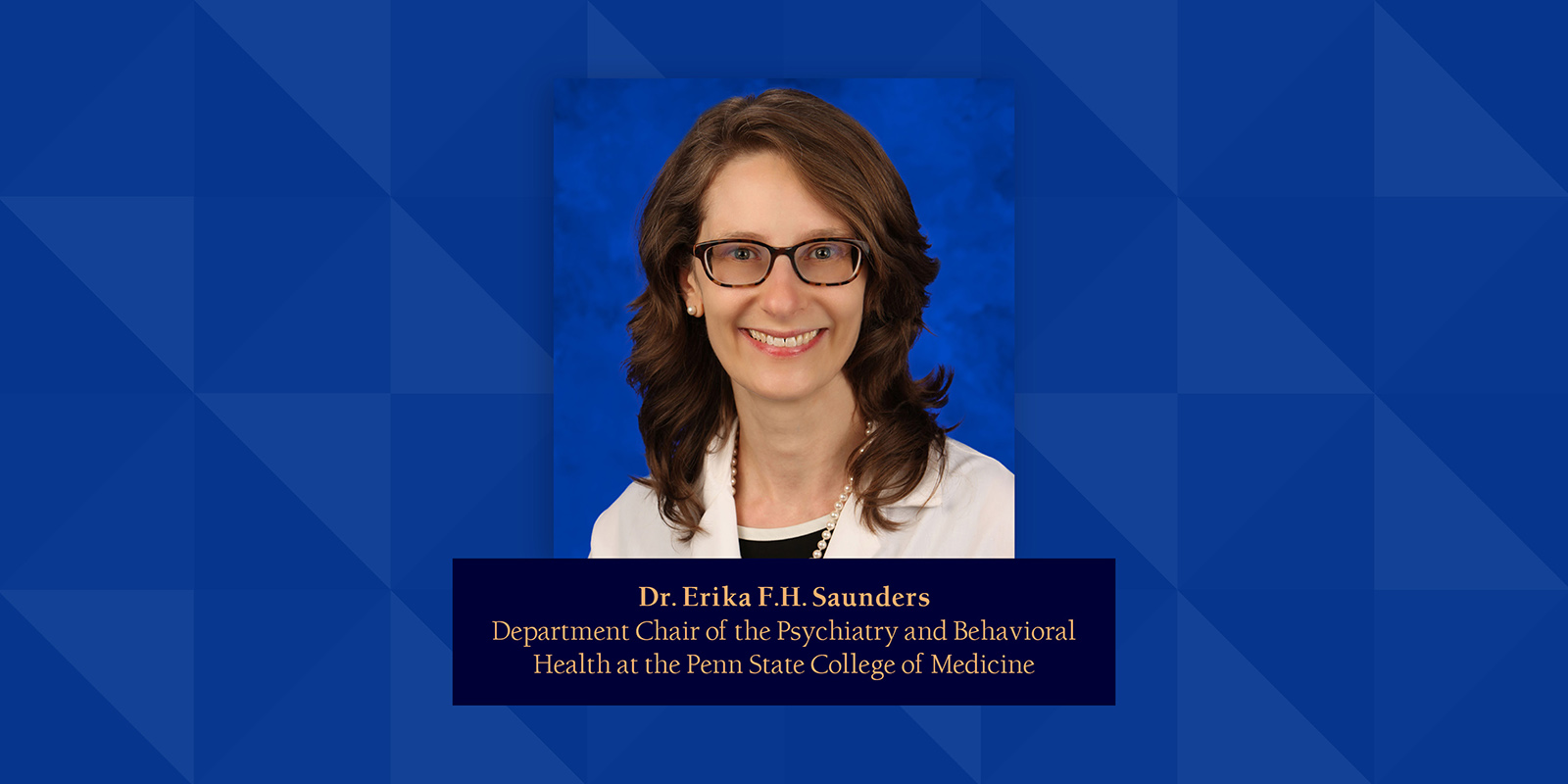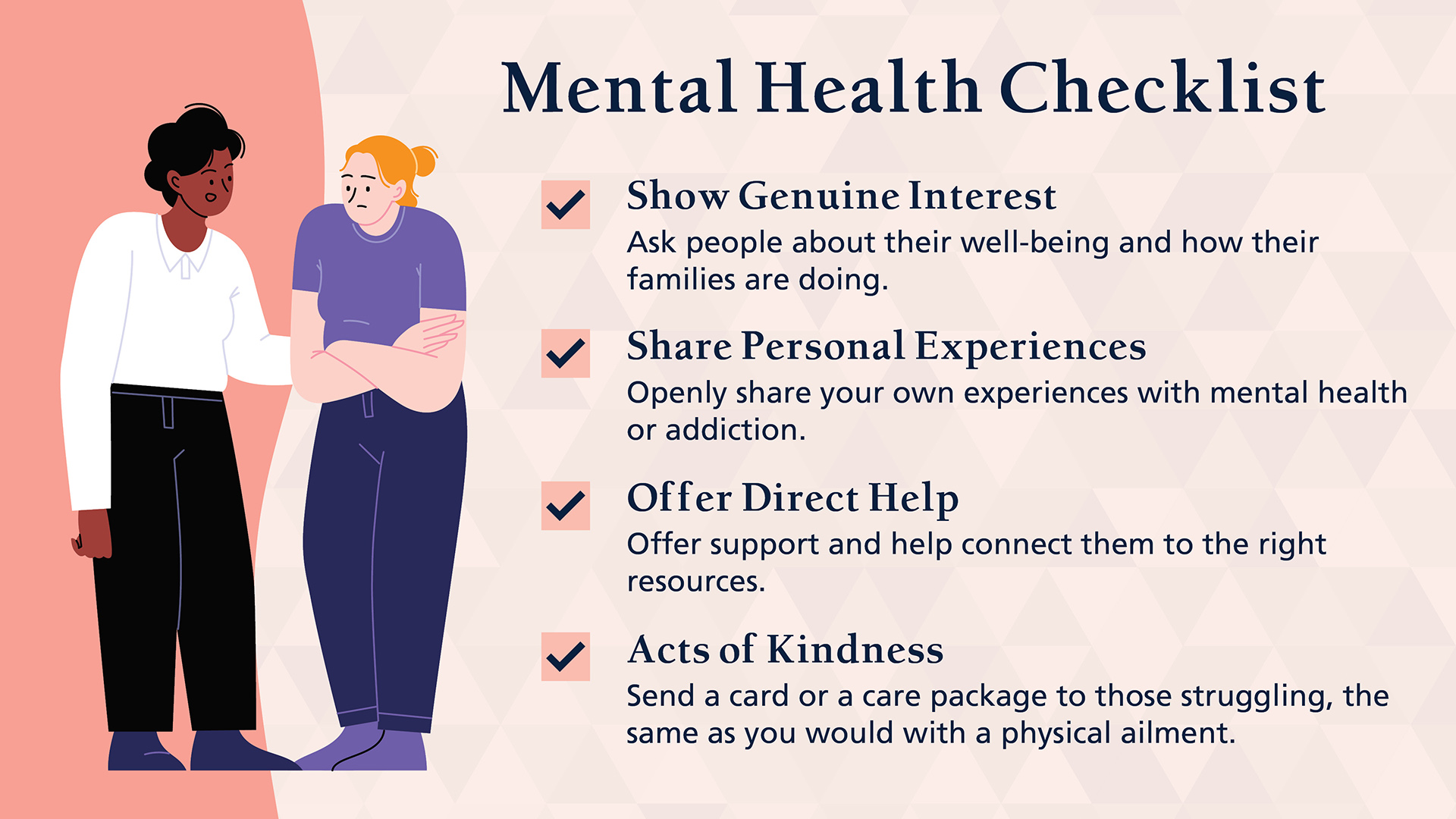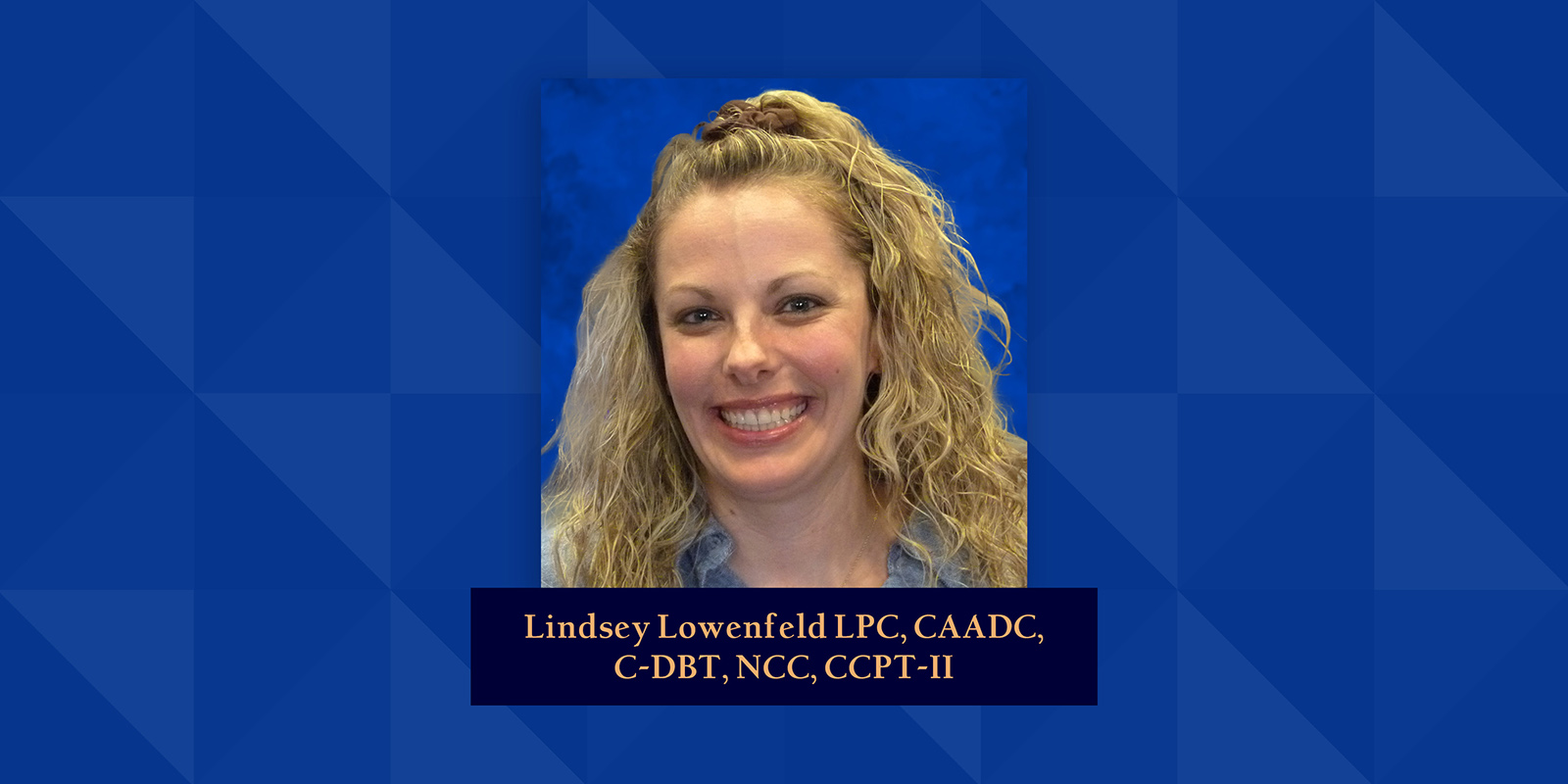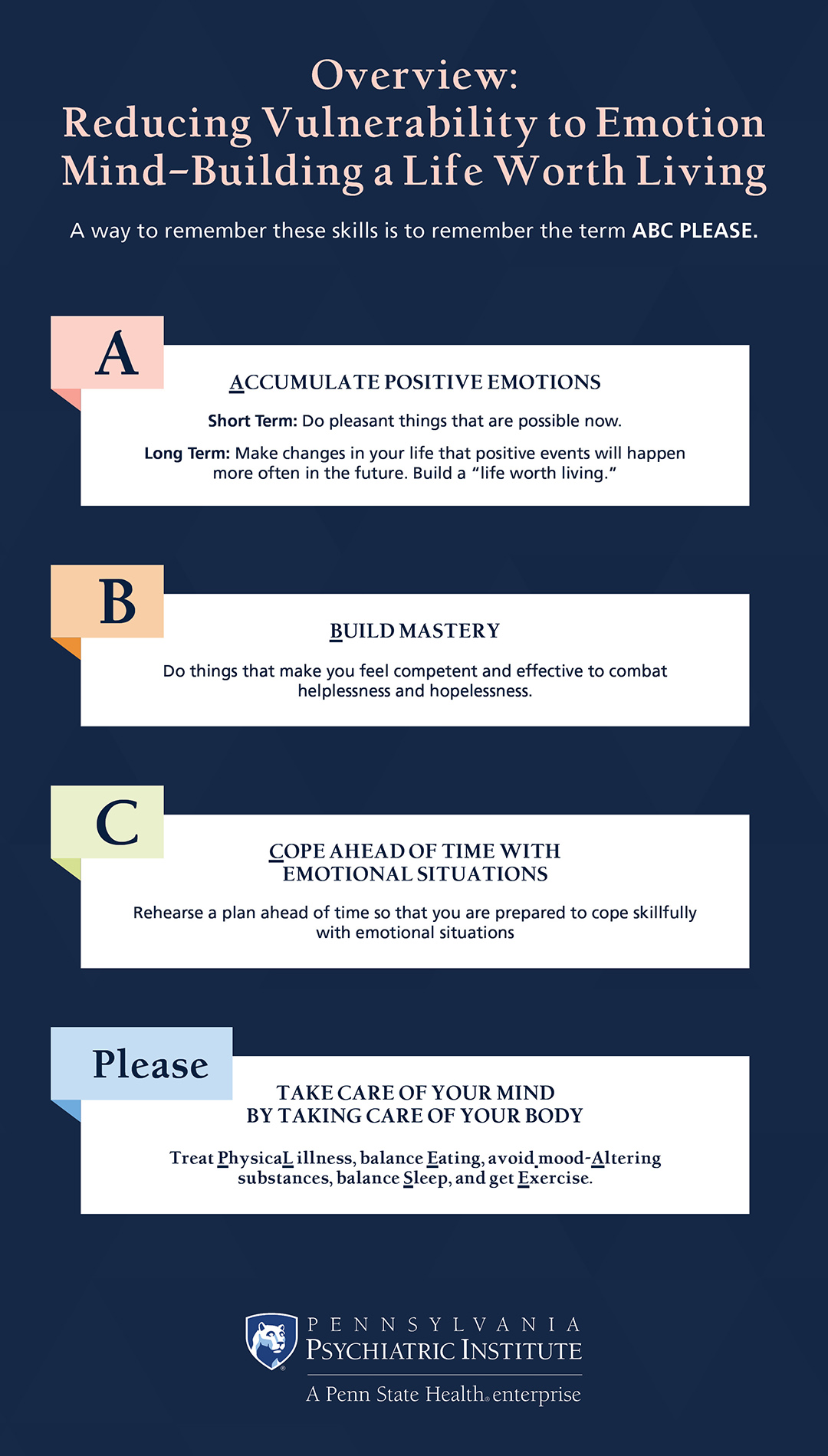Celebrating Love and Self-Acceptance
As we enter Pride Month this June, it is a time to commemorate the leaps in progress that have been made since the Stonewall Riots of 1969, but also to remind ourselves of the challenges that remain. It is also essential to recognize the intersection of mental health and the LGBTQ+ community. At the Pennsylvania Psychiatric Institute (PPI), we provide high-quality behavioral health services, which include recognizing and addressing the unique mental health concerns within the LGBTQ+ community in Central Pennsylvania.
The Importance of Self-Acceptance
During Pride Month, the focus is often on acceptance from others – ensuring legal rights, combating discrimination and creating an inclusive society. But at the heart of this fight is a deeply personal journey towards self-acceptance and self-love.
Coming out to oneself is often the first, and sometimes the most challenging step for many within the LGBTQ+ community. This journey of self-acceptance involves recognizing, understanding and embracing one’s sexual orientation or gender identity. It’s about breaking free from societal norms or expectations and embracing one’s own truth. It’s a brave endeavor, one that requires strength, resilience and love – love for oneself.
Self-acceptance is not only about accepting one’s sexuality or gender identity but also about embracing every part of oneself, including one’s mental health. The stigma surrounding mental health can sometimes add an extra layer of challenge, which is why it’s crucial to promote self-love, acceptance and support for mental health within the LGBTQ+ community.
The Connection between Pride and Mental Health
Studies show that LGBTQ+ individuals are more likely to experience mental health issues compared to their heterosexual counterparts. This disparity is largely due to the minority stress experienced by this community – the unique strain related to the stigma, prejudice and discrimination encountered by minority groups.
LGBTQ+ individuals are more than twice as likely as heterosexual individuals to have a mental health disorder in their lifetime. They are 2.5 times more likely to experience depression, anxiety and substance misuse compared with heterosexual individuals.
– American Psychiatric Association
During Pride Month, we seek to lessen this burden by promoting an atmosphere of acceptance and inclusivity, celebrating diversity and advocating for equal rights. By doing so, we hope to reduce the minority stress experienced by the LGBTQ+ community and improve mental health outcomes.
Embracing one’s identity wholeheartedly contributes significantly to one’s overall mental health. Positive identity formation, which comes from a place of self-love and acceptance, can lead to improved self-esteem, decreased anxiety and lower instances of depression.
How PPI Supports the LGBTQ+ Community
As part of our commitment to meet the changing behavioral healthcare needs of the region, PPI seeks to create a safe, supportive environment for all. We believe in a comprehensive approach to mental health care, ensuring that our services are inclusive and welcoming to all individuals, regardless of their sexuality or gender identity.
Supporting the LGBTQ+ community
Promoting LGBTQ+ acceptance can be a personal journey as much as a collective endeavor. It is about making the world safer and more inclusive for people of all sexual orientations and gender identities.
Below are three practical tips you can follow to support the LGBTQ+ community and improve the mental health of your LGBTQ+ friends and family in Central Pennsylvania:
Education
The first step toward acceptance is understanding. It’s crucial to educate oneself about the LGBTQ+ community, its struggles, history and culture. This can involve reading books and articles or watching documentaries and movies that accurately represent the community’s experiences. In the process, you can learn about important concepts such as sexual orientation, gender identity and the difference between these two. Also, familiarizing yourself with correct terminology and language is key to respectful and inclusive communication.
Promote Visibility and Representation
Supporting and advocating for the representation of LGBTQ+ individuals in all aspects of life is crucial. This could involve supporting LGBTQ+ artists, authors, politicians or businesses. In your workplace or school, it might mean advocating for inclusive policies or representation in leadership roles. Representation validates identities and challenges stereotypes, leading to broader acceptance in society.
Active Allyship
Beyond passively accepting, it’s important to be an active ally. Stand up against homophobic or transphobic comments and behaviors, support LGBTQ+ rights legislation and participate in local Pride events. Use your voice to amplify LGBTQ+ concerns but remember to let them lead the conversation about their own experiences. And importantly, listen and learn – being an ally often means being open to being corrected and educated.
Remember, promoting acceptance is not a one-time act, but a consistent practice of empathy, respect and support. Each step taken contributes to creating a world that respects and cherishes diversity.
You can learn more by connecting with the following organizations:
Anti-Violence Project
AVP empowers lesbian, gay, bisexual, transgender, queer and HIV-affected communities and allies to end all forms of violence through organizing and education and support survivors through counseling and advocacy.
LGBT Center of Central PA
The LGBT Center of Central PA offers a variety of programming for LGBTQ+ communities. Their mission is to foster inclusive communities and holistic well-being for LGBTQ+ people through social, educational and cultural engagement.
Matthew Shepard Foundation
The Matthew Shepard Foundation’s mission is to amplify the story of Matthew Shepard to inspire individuals, organizations, and communities to embrace the dignity and equality of all people.
Out & Equal
Out & Equal is the premier organization working exclusively on LGBTQ+ workplace equality. Through their worldwide programs, Fortune 500 partnerships and annual Workplace Summit conference, they help LGBTQ+ people thrive and support organizations in creating a culture of belonging for all.
Parents, Families and Friends of Lesbians and Gays (PFLAG)
PFLAG is the nation’s largest organization dedicated to supporting, educating, and advocating for LGBTQ+ people and those who love them.
Straight for Equality
Straight for Equality is a national outreach and education program created to empower new allies who don’t necessarily have a family connection to the lesbian, gay, bisexual, transgender, and queer (LGBTQ+) community.
As we move through this Pride Month, let’s celebrate the strides we’ve made in the journey towards acceptance, both from others and within ourselves. Let’s continue to work towards a society where everyone feels loved, accepted and proud of who they are.
PPI offers support to not only those who identify as bisexual but their families as well. You can learn more by contacting the admissions department at 866-746-2496.


















